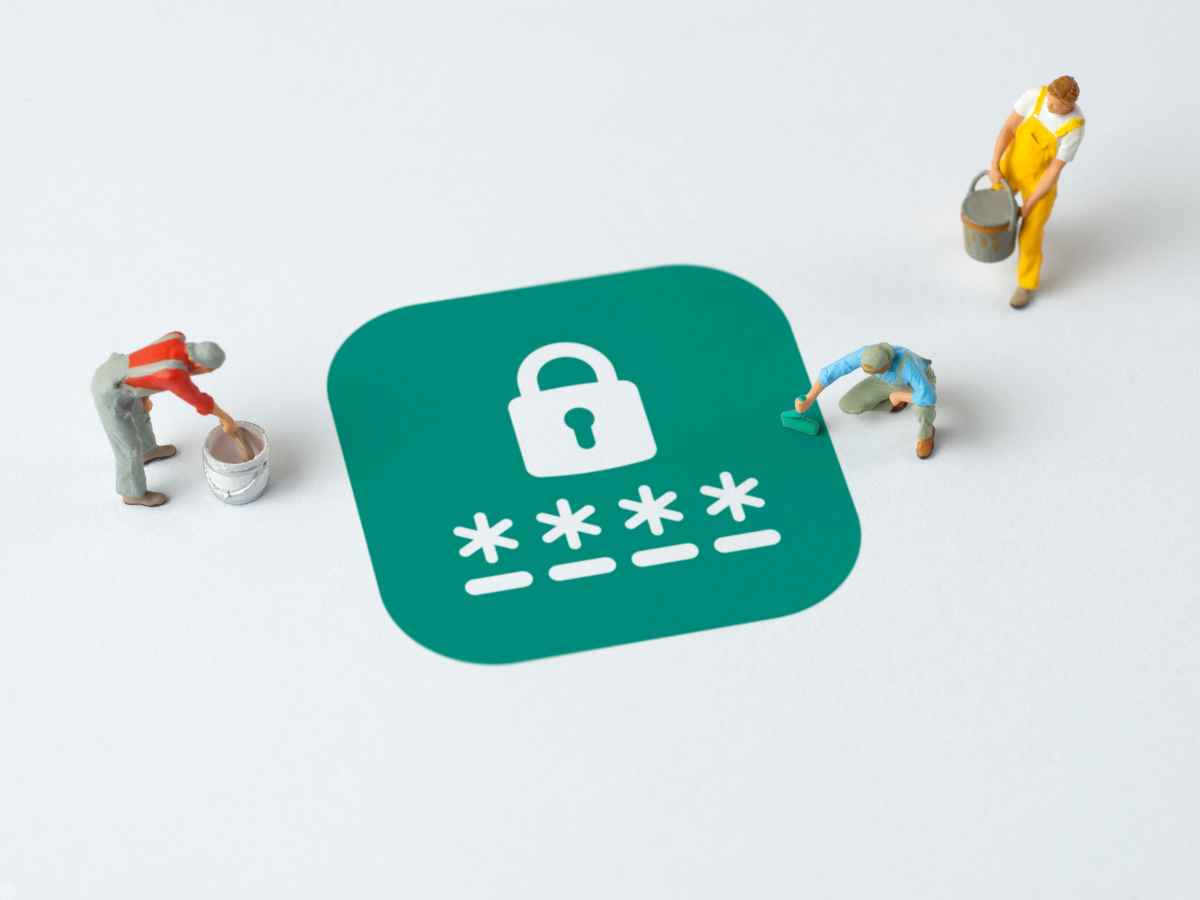In a shocking revelation, Mr. Bhavesh Mishra, Deputy Secretary, Telangana IT and Electronics Department, speaking at the ISACA Annual Cyber Security Conference in Madhapur, Hyderabad, on Saturday (September 28, 2024), mentioned that Indians are getting duped of more than a lakh rupees every minute. Cyberabad Commissioner of Police Avinash Mohanty shared another data fact: Cybercrime today is over 30% of the cognizable crimes in the Commissionerate, which is expected to rise to about 50% in the times to come.
The escalating threat of cyber fraud calls for immediate action. This situation needs to be tackled before it gets out of hand. The Industry specialists have advised Banks and other Financial institutions to ramp up their KYC norms and monitor their strict adherence, emphasize on regular security audits and adherence to compliance.
The speakers at the conference also shared some of the steps that the government of India has taken to safeguard their citizens. Regulators are allocating specific sequence numbers to customer care services. For example, the customer care numbers for banks will start with “160” followed by the 7 digits to complete the mobile number series. This will help users identify whether the call is genuine or if they are speaking with a fraudster. In another step, from the beginning of this month, all telecom operators will be required to white-list all links sent to their customers through messages and SMS.
Similarly, the URL of banks will have “.bank.in”, and financial institutions will have “fin.in”. So, just by looking at the URL, a user can get a clear idea of whether they are at the correct website or if it is some phishing attempt that may lead to financial loss if they proceed.
More such preventive steps are urgently needed to combat the rising cyber frauds as most of the time the victims are low or middle-income group for whom the financial losses can be very detrimental both financially as well as mentally. The regulators, along with the government also need to carry out more country-wide awareness sessions to educate end users on identifying fraud attempts and ways to stay safe online.






